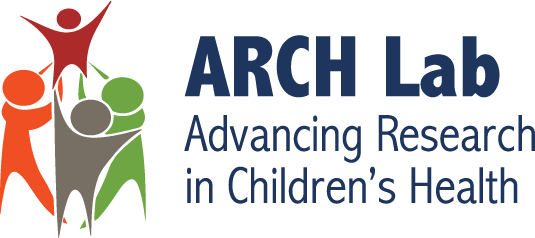ARCH Lab published a paper titled “Child Mental Illness and Mental Health Service Use: Role of Family Functioning (Family Functioning and Child Mental Health).” The aim of the study was to identify domains of family functioning that are associated with likelihood of internalizing versus externalizing mental health disorder, health consultations, hospitalizations, and length of hospital stay in a sample of children with a mental health disorder.
One hundred children aged 8–17 years who received mental health services and their parents were used in this cross-sectional study. Family functioning was measured using the McMaster Family Assessment Device (FAD), child mental health disorder using the Mini International Neuropsychiatric Interview, and mental health service use using items from the 2012 Canadian Community Health Survey. The results indicated that affective involvement and problem solving were associated with greater odds of major depressive disorder and social phobia. Reports of better communication were correlated with lower odds of generalized anxiety disorder and shorter length of stay in hospital. Higher scores on behaviour control were associated with lower odds of social phobia and oppositional defiant disorder respectively.
The results of the study indicate that family-based interventions which consider child mental health need to be examined more closely. Further, future research should aim towards understanding strategies that enhance family functioning with the aim to limit the impact and severity of childhood mental health conditions.






